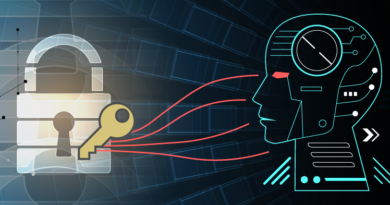The real risks of artificial intelligence reading answers
Have you ever been interested in the real risks of artificial intelligence reading answers to IQ tests? This is an interesting area of interest for a number of reasons. It has not been well understood that as we move into the future technology is going to continue to grow and improve. We are already seeing this with autonomous cars, robots helping in many aspects of our lives, and even smart phones with cameras and microphones. As it becomes more commonplace there will be a wide variety of uses for such technologies.
One of the most important things to consider is whether or not we will be able to trust the answers these artificially intelligent systems will give. If we cannot completely trust in the answers given, how can we reasonably trust that future artificial intelligent computers will not give us false answers that will cost us our lives and the investments we make in technology? Well, the answer to that question may not come for some time because we really need to develop an artificial intelligence that is as accurate as possible.
When asking the questions of the risks of artificial intelligence reading answers to IQ tests we are essentially asking is the human mind the same thing that the computer mind is? Is it susceptible to errors? Can it be fooled? And if so, how can we protect ourselves from these potentially devastating attacks on our future?
The short answer to that question is that yes, human minds can be fooled, and in fact this is just one of the problems with current artificial intelligence. But that said, we should also realize that the programmers who write these AI programs also understand the risk of artificial intelligence in this sense. They recognize the potential flaws in their program and they work to try and eliminate these weaknesses. This may include fixing programming bugs, adjusting learning processes, and testing for and correcting programming biases.
Now consider the risks of artificial intelligence reading answers to IQ tests. There are two major problems here. The first risk is that artificial intelligence answering questions with respect to whether or not a particular sentence is correct or not is simply based on a rule-based algorithm that cannot be trusted. Consider if you will the hundreds of rules which have been developed for various domains such as chess, grammar, etc. Every single rule has an underlying assumption which is either that a human should play the game well, or (if we’re using computers) that the computer can do well at it.
Of course, artificial intelligence won’t be able to tell the difference between reality and digital programming. Will it be able to discern between right and wrong? Perhaps not…but would it have the ability to distinguish between what’s right and wrong in human endeavor? These are questions which are probably not even worth thinking about given the fact that programmers have been trying for decades to achieve this very goal. We’ll have to wait and see if the programmers actually succeed in their quest.




